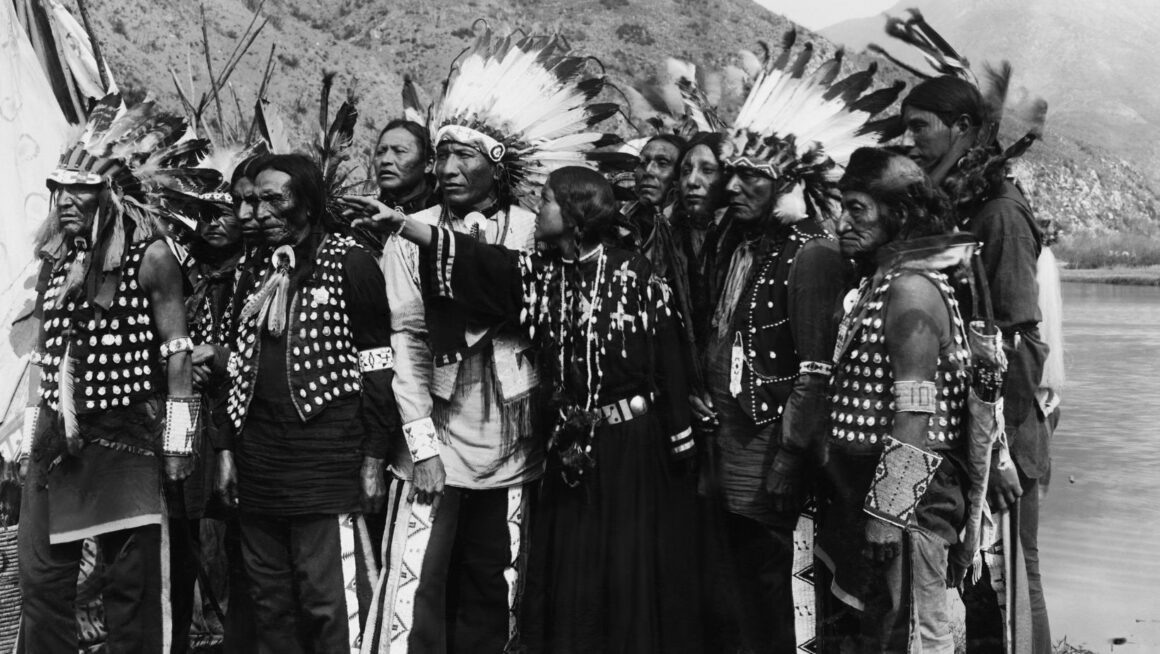Table of Contents
The arrival of European explorers during the Age of Discovery brought about significant changes for native peoples. From the Americas to Africa and Asia, indigenous communities encountered foreign powers with different cultures, technologies, and ambitions. This encounter often resulted in clashes, as Europeans sought to establish colonies and exploit the resources of newly discovered lands.
One cannot discuss the impact of the Age of Discovery on native peoples without acknowledging the long-lasting cultural, social, and economic repercussions. Native societies underwent profound transformations as they were faced with foreign customs, religions, and economic systems. Traditional ways of life were disrupted, and indigenous peoples were often forced to adapt or assimilate to the dominant European culture. This article will delve into these complex dynamics and shed light on the lasting effects of the Age of Discovery on native communities.
The Age of Discovery
During the 15th to the 17th century, the Age of Discovery brought about significant changes and profound impacts on native peoples in newly discovered lands. As European explorers ventured into the Americas, Africa, and Asia, they encountered indigenous communities, forever altering the course of history for these native peoples.
Clashes and Violence
The arrival of European explorers often sparked clashes and violence between the indigenous communities and the newcomers. As the Europeans sought to establish colonies and expand their territories, they frequently encountered resistance from native populations who were defending their lands and way of life. These conflicts resulted in the displacement of indigenous peoples, as they were forced to either assimilate into European customs or face the consequences.
Introduction of Diseases
One of the most devastating consequences of the Age of Discovery was the introduction of diseases to which native peoples had no immunity. Diseases such as smallpox, measles, and influenza were brought by the European explorers, causing widespread epidemics and decimating native populations. The lack of immunity and lack of medical knowledge among the indigenous communities led to catastrophic loss of life, further disrupting their societies and weakening their resistance against European colonization.
Economic Changes
The economic repercussions of the Age of Discovery were also significant for native peoples. European powers sought to exploit the resources of the newly discovered lands, often at the expense of indigenous communities. Native peoples were often forced into labor systems such as slavery or subjected to exploitative trade practices. This economic exploitation further marginalized and weakened the indigenous populations, perpetuating a cycle of inequality and disadvantage.
The Age of Discovery had a profound and lasting impact on native peoples in newly discovered lands. It brought about clashes, violence, displacement, and the introduction of diseases that devastated native populations. Additionally, the cultural, social, and economic repercussions of the Age of Discovery led to the erosion of indigenous traditions and the marginalization of native peoples. The effects of this historical period continue to shape the lives and experiences
 How Did The Age Of Discovery Affect Native Peoples In Newly Discovered Lands
How Did The Age Of Discovery Affect Native Peoples In Newly Discovered Lands
During the Age of Discovery, European explorers encountered native peoples in the newly discovered lands. These encounters had a profound impact on both the explorers and the indigenous communities. Let’s explore how these interactions shaped the lives of native peoples.
- Cultural Exchange: The encounter between European explorers and native peoples sparked a significant cultural exchange. Explorers introduced new technologies, ideas, and customs to the indigenous communities, while also learning from their unique practices. This exchange influenced art, language, religion, and social structures in both directions.
- Clashes and Violence: Unfortunately, the encounter between the two groups often led to clashes and violence. The European explorers sought to establish dominance and expand their territories, often at the expense of native peoples. This resulted in conflicts, wars, and the displacement of indigenous communities from their lands.
- Introduction of Diseases: The Age of Discovery also brought with it the unintentional introduction of diseases to native peoples. The explorers carried various diseases, such as smallpox, measles, and influenza, to which the indigenous populations had no immunity. These diseases spread rapidly, causing devastating epidemics that decimated native populations.
- Adaptation and Assimilation: Native peoples had to adapt or assimilate to the new European customs and systems brought by the explorers. Some indigenous communities embraced these changes to survive and maintain their cultural identity, while others resisted and fought to preserve their traditional ways of life. This process of adaptation and assimilation had long-lasting effects on the social and cultural fabric of native societies.
The encounter between European explorers and native peoples during the Age of Discovery had complex and far-reaching effects. It brought about cultural exchange, but also clashes and violence. The unintentional introduction of diseases devastated native populations, while the need to adapt and assimilate led to long-lasting social and economic repercussions. The exploitation of native peoples further marginalized and weakened their communities. These effects continue to shape the lives and experiences of native peoples in the present day.

